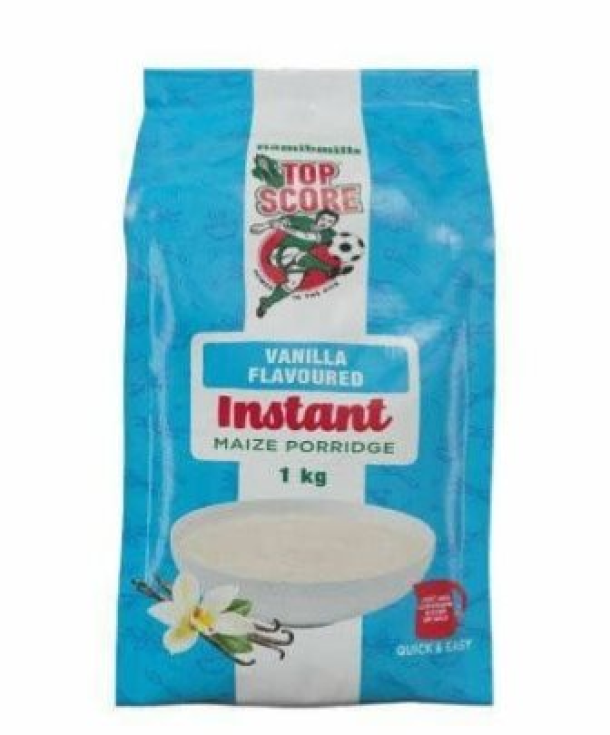AVI fishes for profit with R900m bait
Consumer goods company AVI plans to spend an additional R900m in the 2016 financial year on improving efficiencies in its operations, particularly the I&J fishing business where profits declined in the past year.
CEO Simon Crutchley said on Monday that in the 10 years he had served on AVI’s board, he had never seen fishing rates as poor as in the past three months of the 2015 financial year. The amount of hake caught per sea day had declined from 9.9 tonnes to 8.5 tonnes.
"We have budgeted around R900m for capital expenditure in 2016. We are not scared to spend money. (But) we look very carefully at our products and their returns," he said.
About R106m will be spent on improving capacity and manufacturing on its biscuits line, which includes Bakers.
The group will direct R103m towards rolling out new Spitz, Kurt Geiger and Green Cross stores and refurbishing existing ones, while the balance will be used to mainly fund upgrades across its various plants.
Last year, AVI allocated R849m on capital expenditure, resulting in total debt ballooning to R1.2bn from R349m.
Mr Crutchley said the company’s debt was expected to remain elevated in the coming year as the group remained committed to its dividend policy and as higher interest rates and inflation increased finance costs.
He added, however, that the level of debt was not a burden to the business since it was within the group’s gearing target of between 20% and 25%.
Despite the tough trading period in which consumers remained financially strained, AVI increased its operating profit to R1.92bn — its highest in the past decade. This had been achieved through price increases on all its product lines to mitigate rising costs stemming from the weaker rand.
Ron Klipin of Cratos Wealth, who attended the group results presentation on Monday, commended the company’s management team for delivering a consistent performance "through good times and in bad".
"The ability to manage volume loss versus the benefits of higher pricing is a skill which AVI has successfully developed over many years," he said.
Mr Klipin warned that the group would be likely to face similar pressures of rising costs and weak demand next year, with the consumer and the rand expected to remain under pressure. "However, the high dividend yield of 4% and the defences qualities are attractive features of the company with strong cash flow generation."
Shareholders were paid a total dividend of R3.32 per share in the year under review and an additional special dividend of R2 per share.
Independent analyst Ruby Rosenberg, while singing the management team’s praises, was concerned about the company’s management of its additional expenses. He calculated that costs from changes to labour legislation, installing backup power and higher finance costs may reach R300m to R350m.
"To offset this, management says it plans to save R10m per month for the next two years. (But) you don’t start saving from the first month. It takes time to get (savings) up to speed."
September 08 2015, 06:02
inShare
Kindle
CEO Simon Crutchley says AVI’s level of debt is not a burden as it is within the group’s gearing target. Picture: MARTIN RHODES
Related articles
Jump in earnings expected by AVI, despite damp I&J
AVI sales performance ‘sound in tough trading environment’
AVI injects R65m into its coffee creamer business
Fuel-hedging strategy sees AVI profit curbed
In this article
JSE-listed companies: AVI
AVI
View company tearsheet
CONSUMER goods company AVI plans to spend an additional R900m in the 2016 financial year on improving efficiencies in its operations, particularly the I&J fishing business where profits declined in the past year.
CEO Simon Crutchley said on Monday that in the 10 years he had served on AVI’s board, he had never seen fishing rates as poor as in the past three months of the 2015 financial year. The amount of hake caught per sea day had declined from 9.9 tonnes to 8.5 tonnes.
"We have budgeted around R900m for capital expenditure in 2016. We are not scared to spend money. (But) we look very carefully at our products and their returns," he said.
About R106m will be spent on improving capacity and manufacturing on its biscuits line, which includes Bakers.
The group will direct R103m towards rolling out new Spitz, Kurt Geiger and Green Cross stores and refurbishing existing ones, while the balance will be used to mainly fund upgrades across its various plants.
Last year, AVI allocated R849m on capital expenditure, resulting in total debt ballooning to R1.2bn from R349m.
Mr Crutchley said the company’s debt was expected to remain elevated in the coming year as the group remained committed to its dividend policy and as higher interest rates and inflation increased finance costs.
He added, however, that the level of debt was not a burden to the business since it was within the group’s gearing target of between 20% and 25%.
Despite the tough trading period in which consumers remained financially strained, AVI increased its operating profit to R1.92bn — its highest in the past decade. This had been achieved through price increases on all its product lines to mitigate rising costs stemming from the weaker rand.
Ron Klipin of Cratos Wealth, who attended the group results presentation on Monday, commended the company’s management team for delivering a consistent performance "through good times and in bad".
"The ability to manage volume loss versus the benefits of higher pricing is a skill which AVI has successfully developed over many years," he said.
Mr Klipin warned that the group would be likely to face similar pressures of rising costs and weak demand next year, with the consumer and the rand expected to remain under pressure. "However, the high dividend yield of 4% and the defences qualities are attractive features of the company with strong cash flow generation."
Shareholders were paid a total dividend of R3.32 per share in the year under review and an additional special dividend of R2 per share.
Independent analyst Ruby Rosenberg, while singing the management team’s praises, was concerned about the company’s management of its additional expenses. He calculated that costs from changes to labour legislation, installing backup power and higher finance costs may reach R300m to R350m.
"To offset this, management says it plans to save R10m per month for the next two years. (But) you don’t start saving from the first month. It takes time to get (savings) up to speed."
News Category
- International retailers
- On the move
- Awards and achievements
- Legislation
- Wine and liquor
- Africa
- Going green
- Supplier news
- Research tools
- Retailer trading results
- Supply chain
- Innovation and technology
- Economic factors
- Crime and security
- Store Openings
- Marketing and Promotions
- Social Responsibility
- Brand Press Office
Related Articles
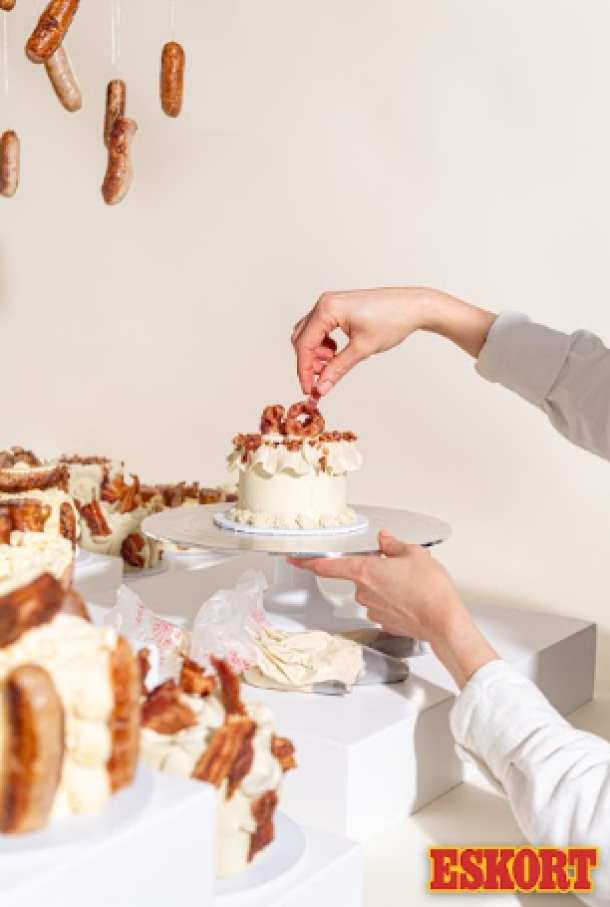
Eskort is celebrating 107 years
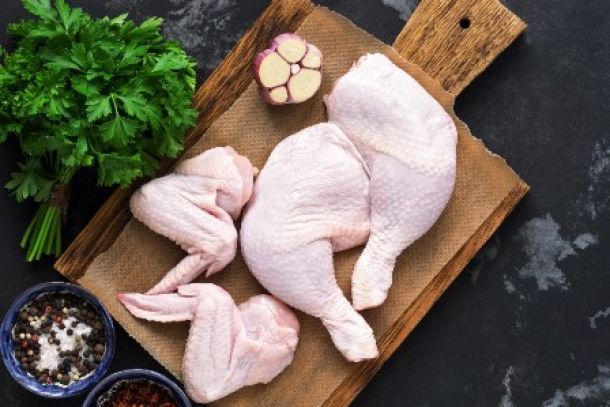
UK poultry industry as exports to South Africa ...
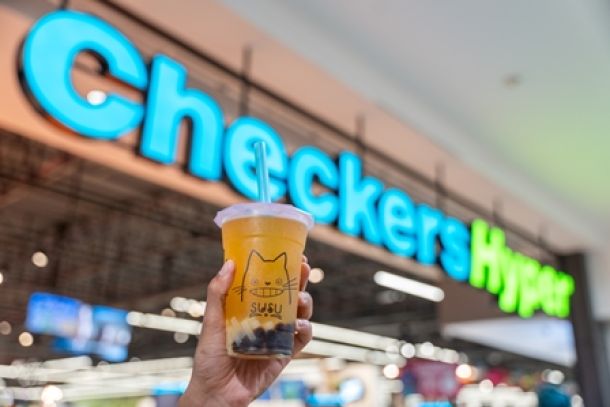
Playful bubble tea shops launch in selected Che...
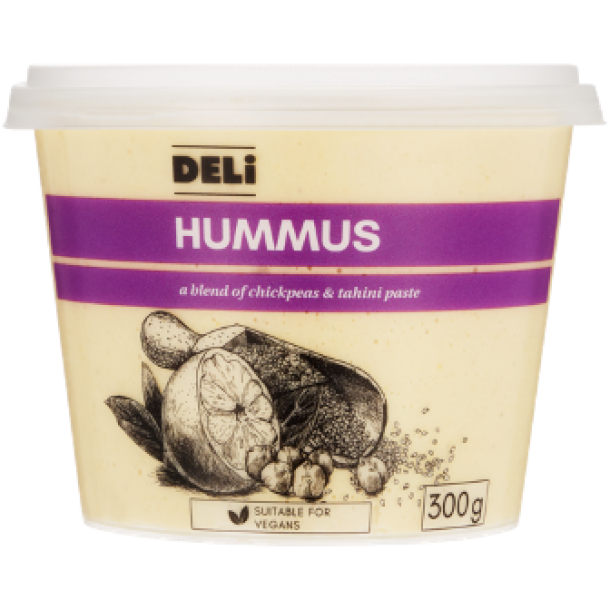
Consumer Commission launches investigation into...
